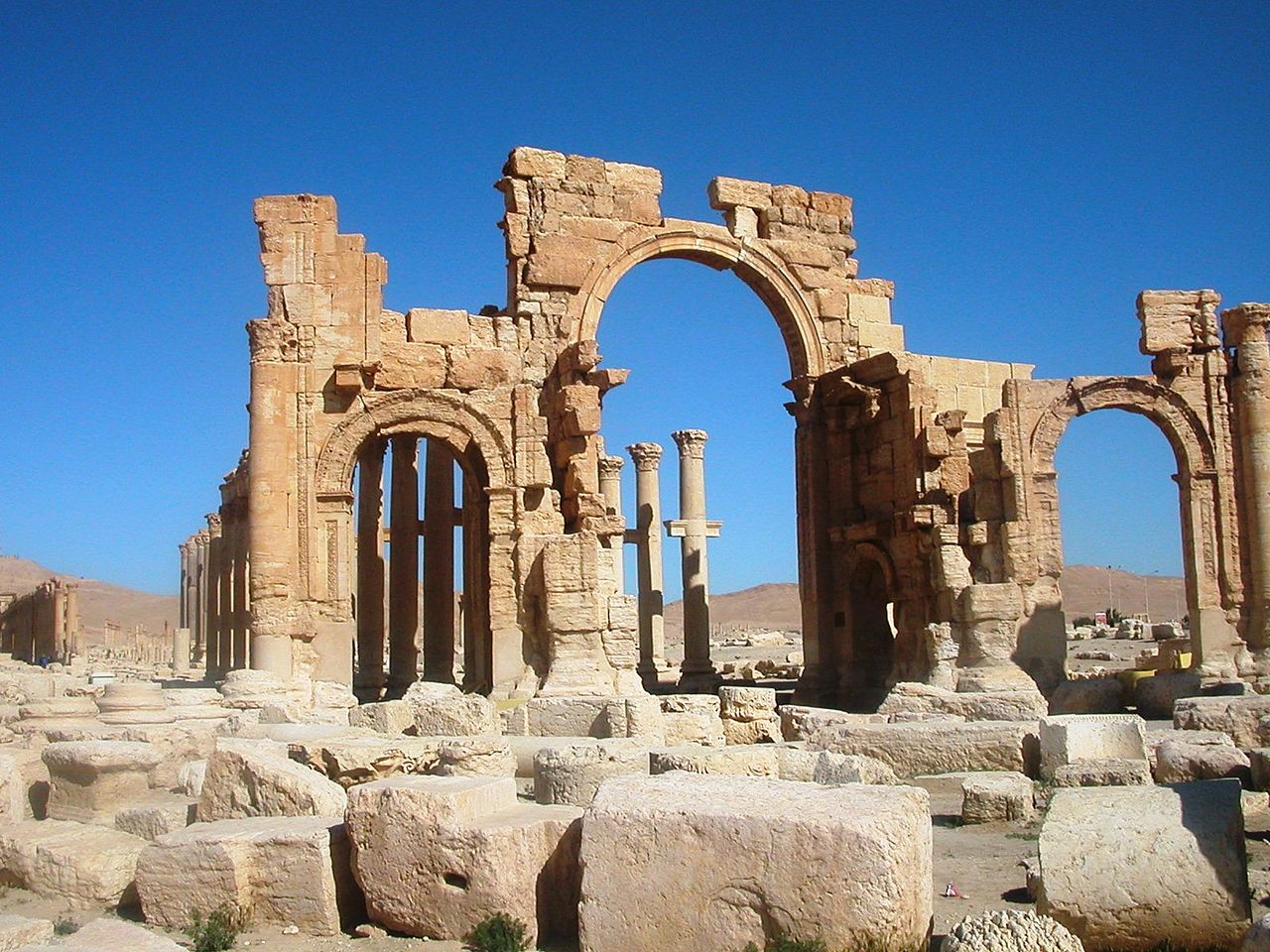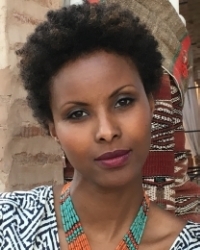Violent conflicts all over the world pose a great threat. Not only to the region’s inhabitants, but also to the cultural heritage in the area. This is the subject of the Europe Lecture in The Hague on 13 June. Sada Mire (Centre for Global Heritage) is one of the speakers.
Leiden University published the following news article about the Europa Lecture:
It came as a shock: in May 2015 terror group Islamic State captured the Syrian city of Palmyra, one of the most important archaeological sites in the Middle East. The desert city has since been ‘liberated’ by Assad’s troops, but several ancient temples have not survived the brief occupation. They were blown up because they were said to have glorified idolatry.
Cultural genocide
During the Europe Lecture – an initiative of the Europa Nostra – scientists and policymakers will discuss how cultural heritage sites like Palmyra can be better protected. What can we do to prevent ‘cultural genocide’ and the smuggling of art objects? And what role do European and global institutes play in this effort? These and other questions will be answered by the speakers at the Lecture, including Irina Bokova (Director-General of UNESCO) and Silvia Fernández de Gurmendi (President of the International Criminal Court).
Leiden University will be represented at the meeting by Sada Mire, assistant professor at the Faculty of Archaeology and the only active indigenous Somali archaeologist in the Horn of Africa. In her lecture, Mire will contend that cultural heritage plays an essential role in helping prevent this kind of conflict.

Absurd situations
‘Ideological groups and nationalists have used the past for their interests in the present throughout history’, according to Mire. ‘This is not just an issue now and it is definitely not unique for the Middle East. It is common place to destroy cultural heritage in a process of “othering” and from an superior ideological standpoint.’ That can only lead to absurd situations. Mire mentions the example of an ancient mosque in India, that was destroyed by radical Hindus because a Hindu temple was thought to be buried underneath it. It was a case of creating a new ruin to excavate an old ruin.
In Mire’s view, cultural heritage can offer a counter-weight to the excluding dogmas that India has to be a homogeneous Hindu country, that the Middle East belongs only to Muslims, and so on. Mire comments, ‘It is these very signs of diversity that make cultural heritage so valuable. Excavations and relics show that the past was much more plural than we sometimes realize. It forces us to take a more comparative approach: evidently we don’t all need to have the same background or skin colour to live in peace together.’
Reconciliation
In other cases this homogeneity can bring about reconciliation. This can be the case in the Horn of Africa, for example. Mire: ‘For a long time archaeologists focused on foreign relations and studied the trade between the Horn of Africa and the Mediterranean region. Far less attention was paid to the way of life in the countries in the interior of the continent, which is a pity because the peoples there who are involved so much of the time in conflicts with one another actually have a lot of common history. This shared background can bring people together, and help reduce – or even prevent – conflicts.’
But how can you protect all that cultural heritage? According to Mire, it is essential to involve the local people. In Somalia, Ethiopia and Eritrea these are primarily the nomad families who literally live in and on that heritage. ‘It’s the job of us scientists to share our knowledge with them and to train local archaeologists. That’s the only way future generations can continue to learn about their common history.’

MOOC ‘Heritage under threat’
Sada Mire will teach the Massive Open Online Course on ‘Heritage under threat’ later this year. You can take part in this MOOC free of charge. For more information, see the website of the Centre for Global Heritage and Development of the universities in Leiden, Delft and Rotterdam.
